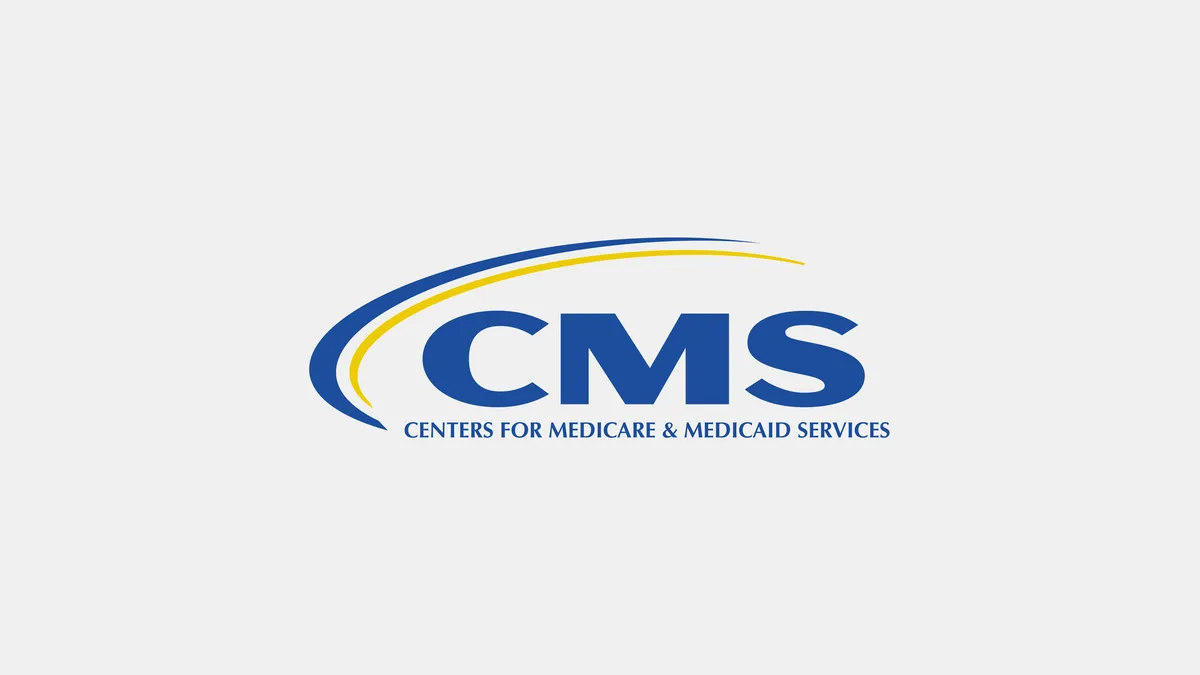UPDATE: Oct. 22, 2020: CMS Administrator Seema Verma wrote in a tweet Wednesday afternoon the agency plans to delay the start date for the new Radiation Oncology Model. The decision came after a key trade group and its radiation oncology members argued that the planned January start date was overly burdensome. The agency plans to solidify a July 2021 start date through upcoming rulemaking.
The @CMSGov team & I have listened to the feedback from @ASTRO_org & the radiation oncology community regarding the start date of the new Radiation Oncology (#radonc) Model, & understand that more time is needed to prepare.
— Administrator Seema Verma (@SeemaCMS) October 21, 2020
Dive Brief:
- CMS on Friday unveiled a value-based payment model for radiation therapy for cancer patients that will launch Jan. 1, prompting the American Society for Radiation Oncology to call for a delay to avoid "unnecessary chaos" for its members. The bundled payment model, part of a final rule on specialty care models, is expected to save Medicare $230 million over five years.
- ASTRO contends that requiring radiation oncologists to start the model so soon will force burdensome practice changes and investments while they are grappling with staff shortages and other challenges during the COVID-19 pandemic.
- The trade group also said the mandatory model, while reducing severe payment cuts from the initial proposal, still goes too far and should have made additional modifications such as starting out as a voluntary program.
Dive Insight:
The new structure provides bundled payments for a 90-day episode of care and covers 16 cancer types. Payment amounts are determined by national base rates and trend factors, with adjustments for each provider's case mix, historical experience and geographic location.
Under the old fee-for-service system, providers have been reimbursed for each service they perform at rates that can vary depending on location of the treatment, such as a freestanding radiation therapy center or outpatient department of a hospital. The effect is to incentivize some settings over others and the delivery of therapy over more visits. CMS said a benefit of the new model is that it can cut down on patients' time spent traveling to and from appointments and in the doctor's office or waiting room.
In a partial concession to providers, the new model creates a bundled payment system for 30% of all radiation oncology episodes, a reduction from the 40% CMS originally proposed for mandatory participation. The agency said it determined that it could still be confident in estimating the model's impact at the reduced level.
ASTRO board chair Theodore DeWeese said the group has long supported achieving value-based care in radiation oncology but recommended CMS begin with a voluntary model and then transition to a mandatory system that includes opt-outs for low-volume practices and hardship exemptions. ASTRO will ask Congress to delay implementation and determine a realistic start date in legislation before the end of the year, DeWeese said in a statement. The group also expects to work with CMS "to improve future iterations of the model to ensure that patient access to radiation therapy services is not limited," he said.
Analysts at Cowen Washington Research Group said they believe the start of the new system will be pushed back by six months to a year from Jan. 1. "The agency will likely face tremendous pushback to hold off implementation until after the pandemic subsides," the analysts wrote in a note to clients.
Cowen said Accuray has viewed the value-based plan as a net positive for its business, while equipment manufacturers including Varian, ViewRay and Hitachi have expressed concerns. Siemens and Elekta are among companies that could also be affected by the reimbursement changes.











